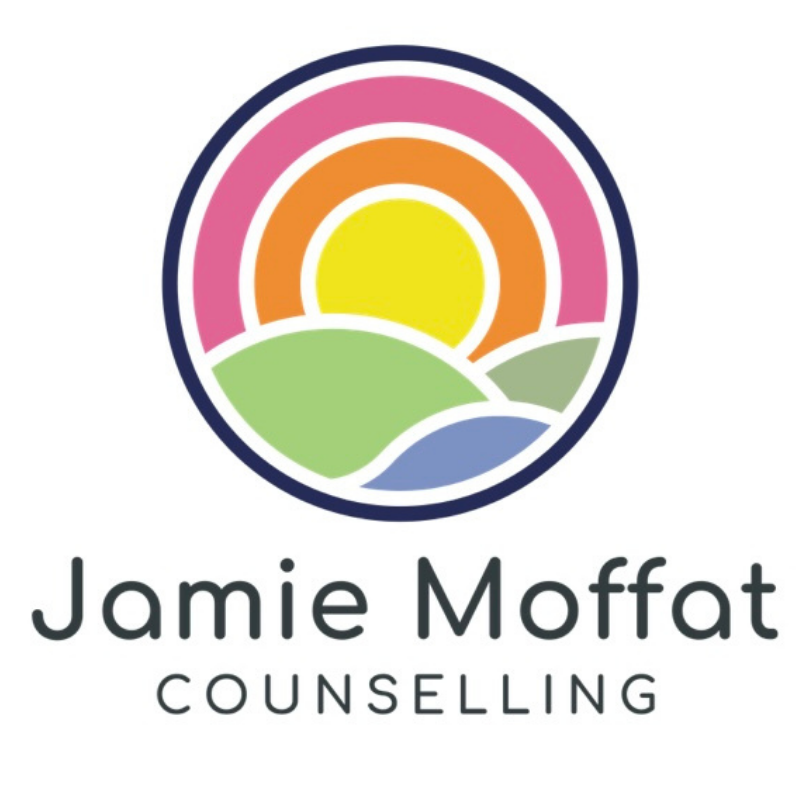Shame
Breaking Free from the Weight of Shame
Most people experience shame at some point—a difficult, often overwhelming emotion that can deeply affect how we see ourselves and relate to others. Shame isn’t just about feeling bad; it’s about harsh self-judgment that can feel crushing and isolating.
What Is Shame?
Shame often arises when we look inward and judge ourselves harshly, sometimes for things beyond our control. These feelings are usually rooted in messages we received early in life—from parents, teachers, or influential people—who criticised us in ways that shaped our sense of worth.
Unlike guilt, which focuses on behaviours or actions, shame attacks our very identity. It tells us we are flawed, unworthy, or unlovable.
The Impact of Toxic Shame
When shame becomes toxic, it can lead to:
• Deep feelings of self-disgust and resentment
• A persistent inner critic and negative self-talk
• Feeling small, unimportant, or invisible
• Isolation from others due to fear of rejection
• Increased risk of depression, anxiety, or substance misuse as coping mechanisms
• Difficulties forming close, trusting relationships
Shame creates a vicious cycle—often leading to behaviours that reinforce those feelings of inadequacy and hopelessness.
How Counselling Can Help
Counselling offers a compassionate and safe space to explore shame and its origins. You will learn that:
Shame is a universal human experience, not a personal flaw
You are not alone in feeling this way
Shame can be understood, challenged, and healed
Building self-compassion can replace self-criticism
Healthier patterns of relating to yourself and others are possible
Therapy can help you break free from shame’s grip, allowing you to live more authentically and connect more deeply with yourself and those you love.
Take the First Step Toward Healing
Shame thrives in silence. Reaching out for support is an act of courage and self-care. Counselling can help you move from isolation to connection—and from self-judgment to self-acceptance.
